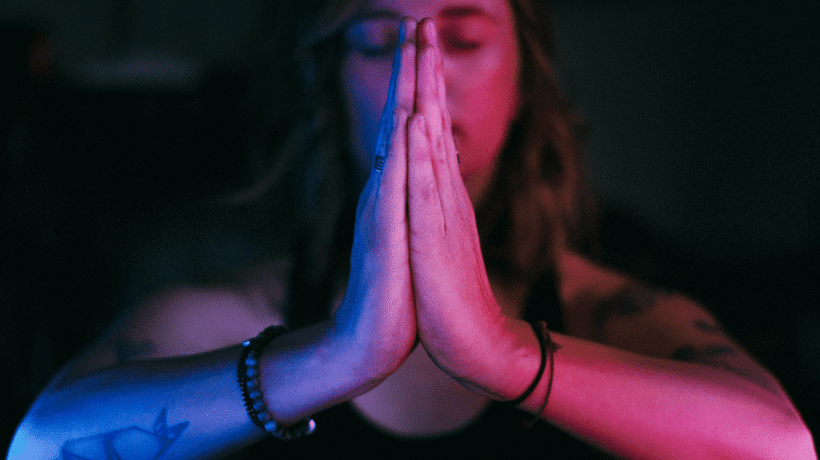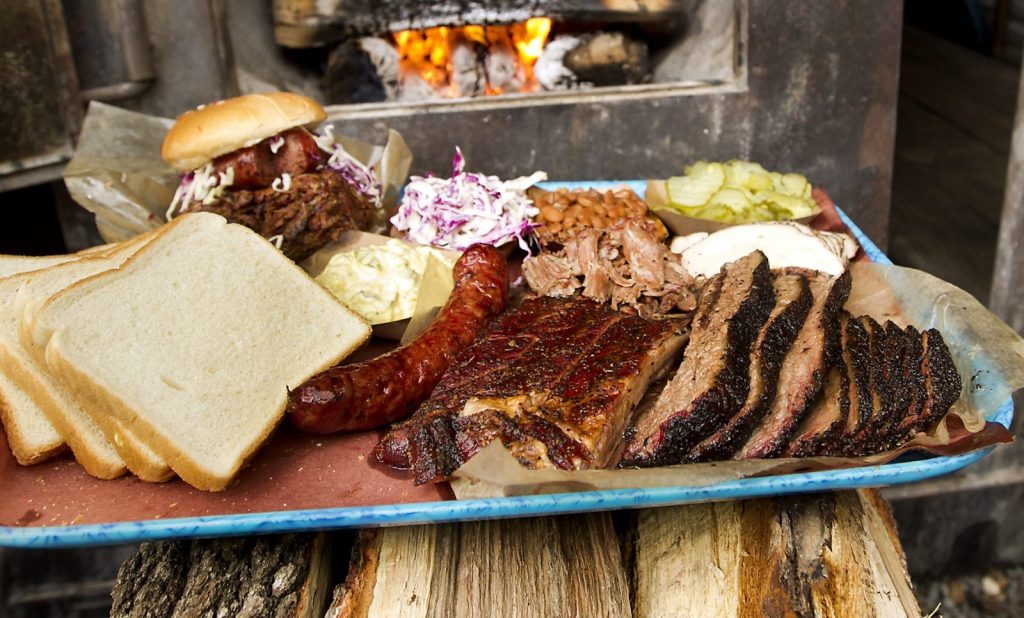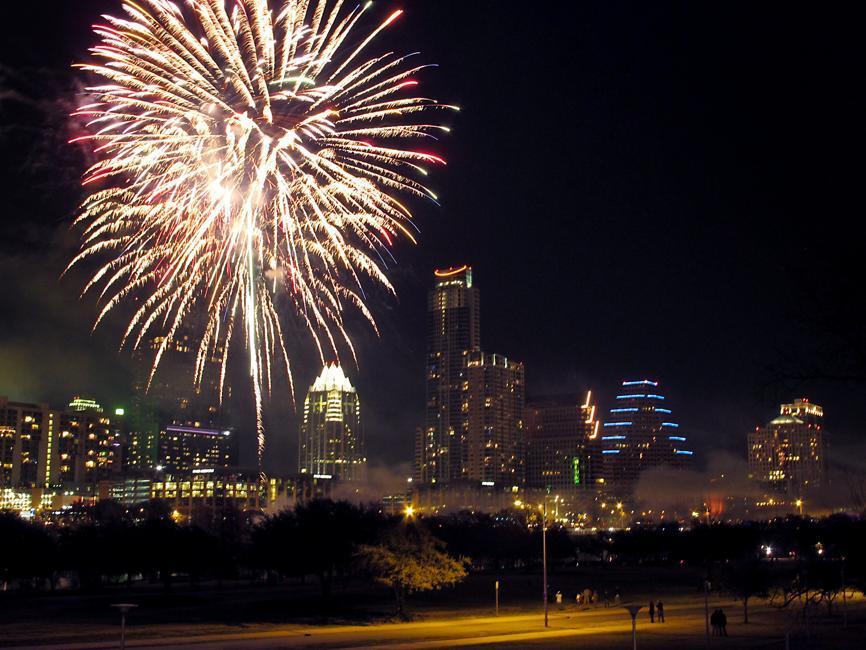While recovering from any addiction, it’s important to avoid anything that can trigger a relapse. This is especially difficult during the Christmas season because the holiday tends to be longer than the others. Also, there are more celebrations, family and friends reunions scheduled for this time of the year than at any other time of the year.
To stay sober, you should start your Christmas holiday and transition on to the New Year with a resolve to stay sober. As hard as it might be, especially for a person who has just gone through intensive treatment for an addiction, it is crucial that you discipline yourself and be aware of negative habits that might crop up as you try to avoid the primary addiction. Here are strategies for staying sober during the holiday season.
Have a Plan
It’s the festive season and just because you are in recovery does not mean that you cannot have some fun as most of the world is. The only important thing is to have a plan. Only attend important meetups or celebrations and have with you someone close to watch and offer the support system you need. Some alcohol addiction patients may get an urge or temptation to taste alcohol just by seeing or smelling it at the party. If you think you can have these tendencies avoid such parties. Most family gatherings are relaxed and have less alcohol served. These can be ideal for a start. However, when going to such parties, prepare your mind for any eventuality. You might come face to face with alcohol, smell it and even watch people as they enjoy the drink. You can carry with you an alcohol-free drink that soothes you and helps keep your mind off alcohol.
Reduce Stress

Stress can trigger a relapse. Some situations are unavoidable but being prepared can make a lot of difference. Apart from the celebrations, sibling rivalry, fights with friends and other misunderstandings are a normal part of the festive season. You cannot avoid people because this can lead to other problems like screen addiction or tech addiction as happens to people who stay indoors for too long. To avoid stress, always be in the company of people who understand, support and are ready to help you through the setbacks. If you reach out to stress-relieving pills every time you experience anxiety or stress, you are at risk of dependency or drug addiction.
Avoid Old Friends
As much as you can, avoid friends you used to party with or who drink or abuse drugs. The more you associate yourself with them, the easier it will be for you to slip back to your old ways. Sober living requires you to drop as many of your old friends as possible and get new ones, probably those who are walking your journey. When you have like-minded people, the journey becomes easier, and there are fewer temptations along the way. If you can’t avoid drinking friends, let them know of your intentions to stay sober, the effort you have been putting to fight alcohol addiction and ask for their help. Most probably they already know you were drinking way too much or were battling other addictions such as tech addiction or screen addiction. Ask them to avoid bringing alcohol along when they visit you.
Eat

Hunger is one of the triggers for most addictions including alcohol,video gaming addiction, and drug addiction. Having a meal or snack every three hours ensures that your blood sugar levels are optimal, your thinking is not affected and you have the energy to make the right decisions. Before joining a party, make sure you have eaten well, you can even carry a snack along. Other triggers include anger, loneliness, and fatigue. If you find yourself idle, your mind can go back to the things it was accustomed to.
To avoid tech or video gaming addiction, keep yourself busy with meaningful things. Being in control of your mental and physical health is important for your wellbeing. When you overwork, your energy levels go down which can trigger a relapse. Holiday festivals demand that you sleep late, party a lot and work hard to entertain guests. Having a plan ensures you get enough sleep and take breaks to avoid burning out.
Learn How to Say No

Most often, recovering patients shy away from telling their extended families or friends about their healing process. This puts them into awkward situations in parties or family gatherings where alcohol is being served. A well-meaning aunt or friend can hand you a glass or a whole bottle of wine, how do you politely say no? You need to have rehearsed this before. This gives you the preparedness to say no and settle for it. You don’t have to say no to the offer outrightly but can use a clever way to get out of the situation. Not involving everyone in this journey can be an advantage because you don’t have to endure the judgment that comes with such a revelation but you need to have a plan that gets you out of any tricky situation. To be on the safe side, always have an accountability partner every time you attend parties.
Evaluate Your Progress
It’s not an easy journey. Sometimes you will fall, other times you will have relapses, and in some instances, you will feel desperate and ready to give up. The urge to drink at times will be so strong that sober living will seem like an impossibility. Do not be too hard on yourself. If you slip once or twice, dust yourself and keep pushing forward. With time, things will get better. To be on the safe side, book yourself into more stay sober treats and make sure you attend all your therapy and counseling sessions. If possible, stick close to the support groups, make friends within the circle and find entertaining but safe ways to spend the holidays within the circle. This is especially important if you have just come out of an intensive treatment plan.
What you should always remember during the New Year season is that there are busy and not too busy triggers. Busy triggers include friends and family parties and old friends visiting you. Not busy triggers include loneliness, shame, guilt, and loss.
Conclusion
It’s essential to identify each emotion and take the necessary steps to deal with it. One of the things you may experience when around the extended family is low self-esteem. Addiction comes with a loss of earnings, poor health, marital and family problems that cannot be hidden. People may judge you, others may not be willing to forgive or accept you back or even help you on the journey to recovery, but you need to be strong and always stay close to positive people who embrace and love you just the way you are. If all fails, opt for sober living houses. This will significantly help you transition into the new year sober and focused on your long-term goal of kicking out the addiction.




